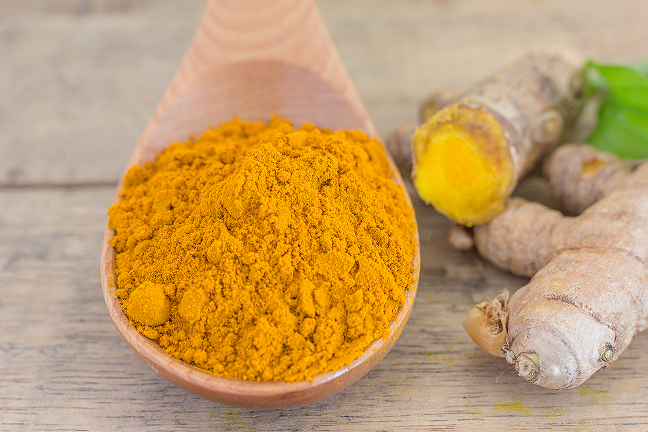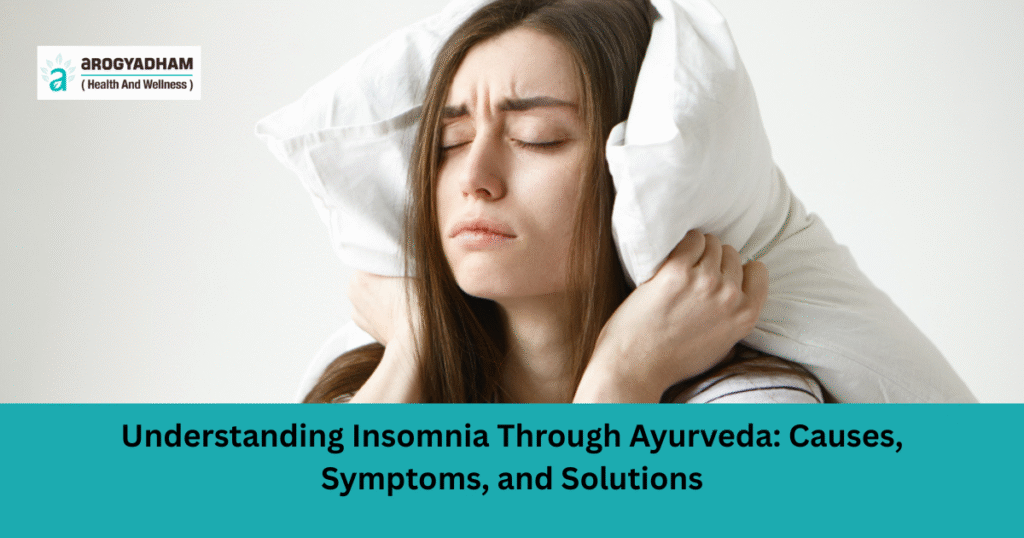Effective Ayurvedic Approaches to Manage Candidiasis
- Home
- /
- Ayurvedic Treatment
- /
- Effective Ayurvedic Approaches to...

How Ayurveda Supports Healing from Candidiasis
Candidiasis is a fungal infection. The candida causes it. Well, it’s one of the fungi that live in the human body. It’s a type that mainly presents in body parts like the mouth, belly, and skin. It doesn’t cause any harm, but it can grow in case of getting a suitable environment. In the case of candidiasis, the body feels exhausted, craves sweets, and its immune system turns weak. Also, a person can have bad breath, brain fog, loss of sex drive, an allergy or chronic sinus issue, gas or bloating, pain in a joint, a white coating on the tongue, etc. Here we will discuss Ayurvedic Treatment for Candidiasis.
There are different types of candidiasis, such as oral thrush, also known as oropharyngeal candidiasis, and genital yeast infection. In oral thrush, the candida spreads in the mouth as well as the throat, causing the infection. It’s common in newborn babies, people with weak immune systems, and older people.

Genital yeast infection is more common in females as compared to men. In adults, it can be caused by the consumption of a wide range of antibiotics, diabetes, treatment of cancer, etc. It happens when the vagina’s pH level changes, causing symptoms like itching, burning sensation, white discharge from the vagina, etc. The symptoms include cracking at the end of the mouth, pain during swallowing in the throat, redness, soreness, and white or white-yellow patches inside the mouth.
What is Candidiasis?
Candidiasis is a fungal infection that can manifest in various forms, depending on the affected area. The most common types include:
- Oral Candidiasis: Oral candidiasis, also known as oral thrush, is a fungal infection that affects the mouth’s mucous membranes. It is caused by the overgrowth of Candida, a type of yeast that is naturally present in the oral cavity. Although Candida is generally harmless, certain conditions can trigger its overgrowth, leading to an infection.
- Vaginal Candidiasis: Vaginal candidiasis, also known as a yeast infection, is a fungal infection that affects the vaginal area. It is caused by the overgrowth of the Candida species, primarily Candida albicans. Vaginal candidiasis is a common condition that can affect women of all ages. Although it is not considered a sexually transmitted infection, it can cause discomfort and inconvenience. Ayurvedic treatment for vaginal candidiasis focuses on balancing the body’s doshas, removing toxins, and restoring the natural vaginal flora to prevent recurrences.
- Invasive Candidiasis: Invasive candidiasis is a severe and potentially life-threatening infection that occurs when Candida species, particularly Candida albicans, enter the bloodstream and spread throughout the body. Unlike localised infections such as oral or vaginal candidiasis, invasive candidiasis affects internal organs such as the heart, brain, eyes, bones, and other tissues. This form of candidiasis is more common in individuals with weakened immune systems or those who are hospitalised, especially in intensive care units (ICUs). Ayurvedic treatment for invasive candidiasis focuses on strengthening the immune system, detoxifying the body, and using herbal remedies to combat the infection.
Ayurvedic Treatment For Candidiasis
Ayurveda considers candidiasis to be an imbalance of the body’s natural energies or doshas: Vata, Pitta, and Kapha. An excess of Kapha, characterised by increased mucus and moisture, can create a favourable environment for Candida overgrowth. Ayurvedic treatment for candida yeast infection focuses on restoring the balance of these doshas through diet, lifestyle changes, herbal remedies, and Ayurvedic medicines.
The Ayurvedic Approach to Candidiasis
Ayurveda emphasises addressing the underlying cause of the disease rather than just treating the symptoms. With candidiasis, this approach involves:
- Balancing the Doshas: Restoring the balance of Vata, Pitta, and Kapha through diet and lifestyle changes.
- Detoxification: Cleansing the body of toxins (ama) that contribute to the overgrowth of Candida.
- Strengthening the Immune System: Enhancing the body’s natural defences to prevent recurrent infections.
Candidiasis Causes and Symptoms
Understanding the causes and symptoms of candidiasis is crucial for effective management and prevention. Candidiasis can manifest in various forms, each with its own set of symptoms.
Causes of Candidiasis
Candidiasis can be caused by several factors, including:
- Antibiotic Use: Antibiotics can disrupt the natural balance of bacteria and fungi in the body, leading to an overgrowth of Candida.
- Hormonal Imbalances: Hormonal changes during pregnancy, menstruation, or due to birth control pills can increase the risk of candidiasis.
- Weakened Immune System: A weakened immune system, due to conditions such as HIV/AIDS or chemotherapy, can make an individual more susceptible to Candida infections.
- High Sugar Diet: A diet high in sugar and refined carbohydrates can promote the growth of Candida.
- Diabetes: High blood sugar levels provide a favourable environment for yeast growth.
Symptoms of Candidiasis
The symptoms of candidiasis vary depending on the affected area:
- Oral Candidiasis (Thrush): White patches on the tongue, inner cheeks, and throat; redness and soreness in the mouth; difficulty swallowing; and a cottony feeling in the mouth.
- Vaginal Candidiasis: itching and irritation in the vaginal area, a thick, white discharge, redness and swelling of the vulva, and a burning sensation during urination or intercourse.
- Invasive Candidiasis: Fever, chills, and symptoms of sepsis, which can include confusion, rapid heart rate, and difficulty breathing.
Herbal Remedies For Candidiasis
Ayurveda offers several herbal remedies that are effective in treating candidiasis by addressing the underlying causes and symptoms. These herbs have antifungal, anti-inflammatory, and immune-boosting properties that help in managing Candida infections naturally.
1. Neem (Azadirachta indica)
Neem is a powerful antifungal herb used in Ayurveda to treat various infections, including candidiasis. It helps in purifying the blood, detoxifying the body, and boosting the immune system. Neem leaves can be consumed in the form of tea, or neem oil can be applied topically to the affected area.
2. Turmeric (Curcuma longa)
Turmeric is well-known for its antifungal, anti-inflammatory, and antioxidant properties. It helps in reducing the symptoms of candidiasis and prevents the overgrowth of Candida. Turmeric can be consumed in the form of tea, capsules, or added to food.

3. Triphala
Triphala is an Ayurvedic herbal formulation that consists of three fruits: Amalaki (Emblica officinalis), Bibhitaki (Terminalia bellirica), and Haritaki (Terminalia chebula). It helps in detoxifying the body, balancing the doshas, and improving digestion and immunity. Triphala can be taken as a powder or in capsule form.
4. Aloe Vera
Aloe vera has natural antifungal and anti-inflammatory properties that help in treating candidiasis. It soothes the affected areas and promotes healing. Aloe vera gel can be applied topically to the affected area or consumed as juice.
5. Garlic (Allium sativum)
Garlic is a potent antifungal herb that helps in combating Candida overgrowth. It boosts the immune system and detoxifies the body. Garlic can be consumed raw, added to food, or taken in the form of supplements.
6. Tulsi (Holy Basil)
Tulsi, also known as Holy Basil, has antifungal, antibacterial, and anti-inflammatory properties. It helps in reducing the symptoms of candidiasis and prevents the overgrowth of Candida. Tulsi leaves can be consumed as tea or added to food.
7. Ginger (Zingiber officinale)
Ginger is another powerful herb used in Ayurveda to treat candidiasis. It has antifungal, anti-inflammatory, and antioxidant properties that help in reducing the symptoms of Candida infections. Ginger can be consumed as tea, added to food, or taken in the form of supplements.

Also Read – Best Ayurvedic Center in Rishikesh: Your Guide to Top Ayurvedic Treatments & Therapies
Conclusion
Ayurveda offers highly effective treatments for candidiasis by leveraging natural herbs and holistic practices. Ayurvedic remedies focus on addressing the root cause of the infection rather than just alleviating symptoms. These treatments use powerful herbs like neem, turmeric, and guduchi, known for their antifungal properties, to combat Candida overgrowth. Detoxification through Panchakarma therapy and dietary modifications further support the healing process. To ensure a safe and comprehensive approach, it is advisable to consult with Dr. Rakesh Aggarwal. His expertise in Ayurvedic medicine will provide a tailored treatment plan to effectively manage and resolve candidiasis.
Ready to Heal Naturally?

Share With
Friends

Dr. Rakesh Agarwal, a third-generation Ayurveda expert and research scholar, treats chronic ailments through Ayurveda and Panchakarma. He is also the founder-editor of Arogyadham Magazine, promoting Ayurveda and wellness to over a million readers since 1992.

Dr. Arjun Raj, an Ayurvedic physician and wellness expert, is the Director of Arogyadham Health Care and serves on the executive board of Arogyadham Health and Wellness. He blends traditional Ayurveda with modern wellness to promote balanced, healthy living.

Dr. Amrit Raj, an Ayurvedic doctor and certified yoga teacher, is the Director of Arogyadham Health and Wellness. He specializes in chronic conditions and actively promotes Ayurveda and yoga worldwide for healthier living.










